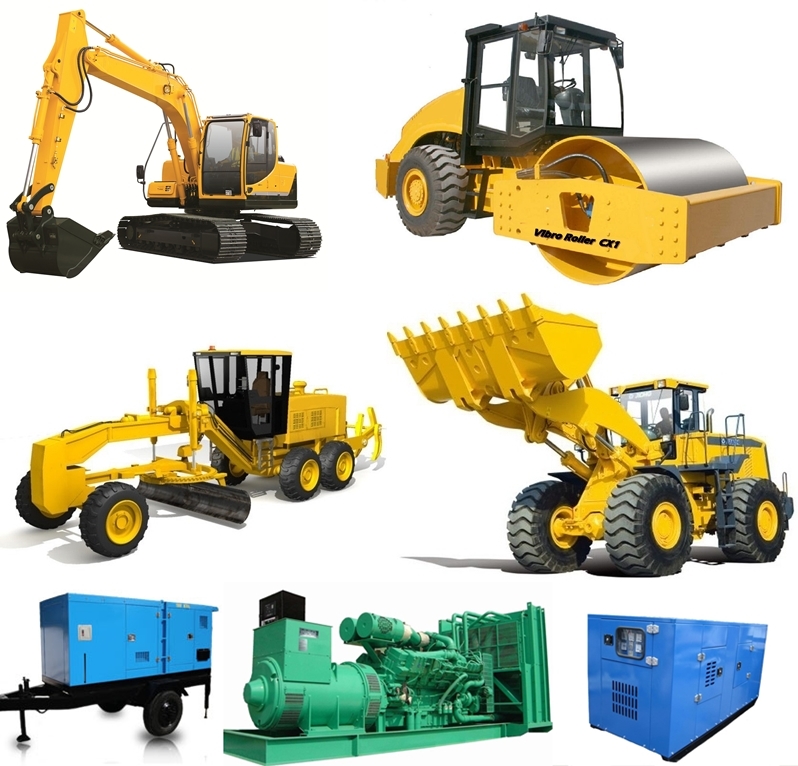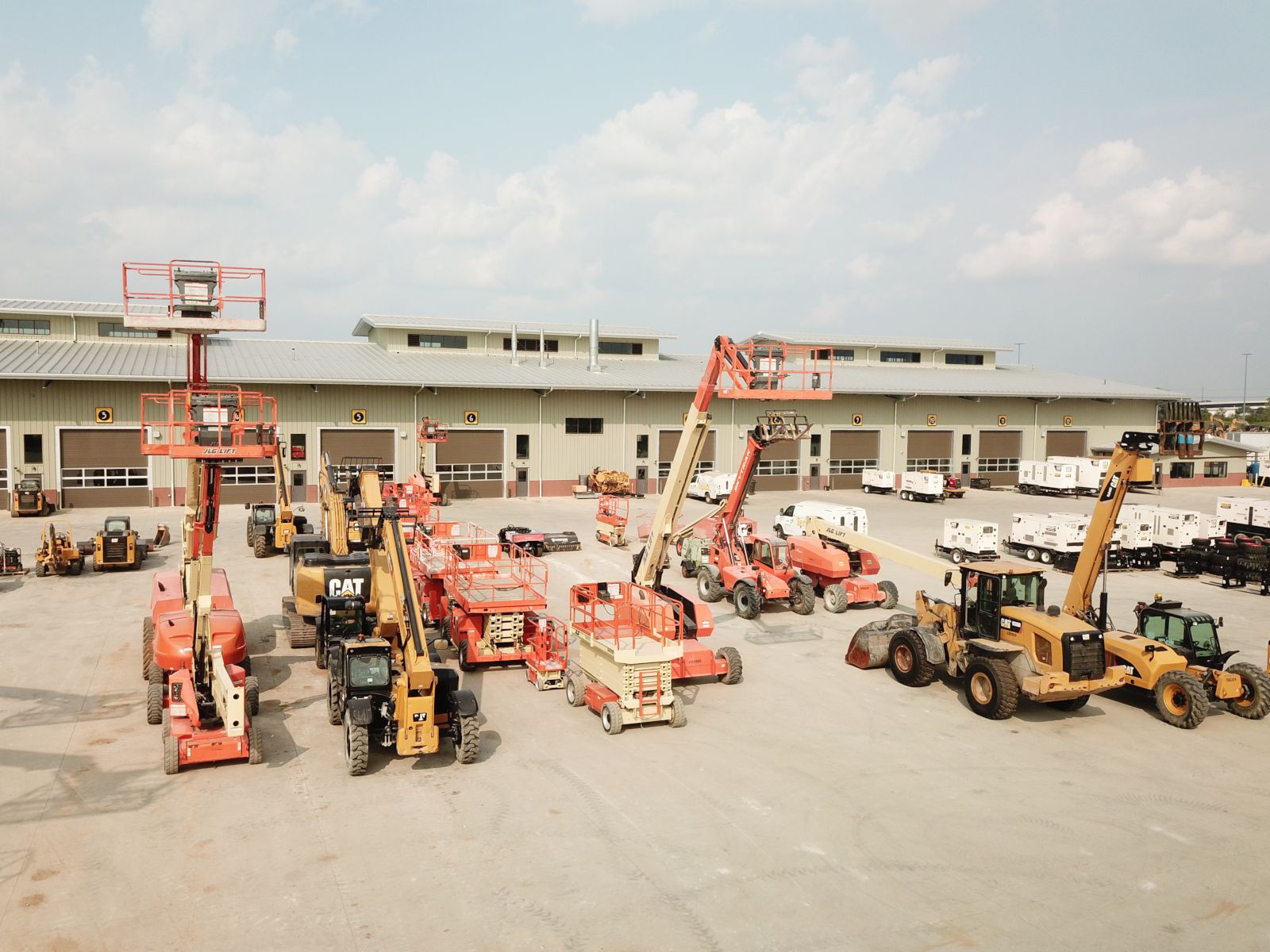Heavy Equipment Rental: Huge Equipment for Any Type Of Construction Job
Heavy Equipment Rental: Huge Equipment for Any Type Of Construction Job
Blog Article
Optimize Your Budget Plan by Comprehending the Prices Linked With Building And Construction Devices Leasings
Understanding the complete extent of prices connected with construction tools leasings is important for maximizing your budget. While the first rental charge may appear simple, various added expenditures-- such as transportation, fuel additional charges, and maintenance-- can swiftly build up, impacting your economic planning. In addition, understanding various costs and the ins and outs of rental agreements can assist avoid unanticipated economic problems. What techniques can be used to efficiently handle these costs and make certain a more reliable rental experience?
Review of Rental Expenses
When taking into consideration building and construction devices services, comprehending the associated expenses is paramount for efficient budgeting and project preparation. Rental costs can differ considerably based upon several variables, including tools type, period of rental, and area. The preliminary rental fee commonly reflects the devices's market need and its linked operational abilities, affecting the general expenditure.
In addition to the base rental price, supplementary prices may develop, such as transportation charges, fuel additional charges, and upkeep charges. It is important to account for these extra expenditures to precisely analyze the total expense of leasing tools. The rental period can impact prices; longer leasings might certify for discounted rates, while short-term leasings may sustain greater daily fees.

Failure of Rental Prices
An extensive understanding of rental prices is necessary for service providers and task supervisors aiming to maximize their budgets. Rental rates for building tools typically consist of numerous elements, including base prices, time-based charges, and use charges.
Base prices are the core costs connected with the service of the devices, commonly figured out by the type and size of the machinery. These prices can vary considerably, influenced by variables such as tools need, accessibility, and local market fads. Time-based costs, which may be daily, weekly, or monthly, serve to suit various job timelines and rental periods.
In addition, rental rates may include usage charges, which are suitable when devices is utilized past a specified limit, making sure that the rental business can account for damage. Seasonal demand fluctuations can likewise affect rental prices, with peak construction periods normally commanding greater prices.
Additionally, understanding the rental business's policies pertaining to maintenance and insurance policy can offer additional insight right into the total expense framework. By evaluating these parts, professionals can make enlightened decisions, making certain the selection of rental devices straightens with both job requirements and budget plan restraints.
Added Fees to Consider
Recognizing the intricacies of added costs is essential for specialists to handle their overall leasing costs successfully. Past the common rental prices, numerous supplemental fees can substantially influence the complete expense of devices leasing. These fees commonly consist of shipment and pickup fees, which can differ based upon range and logistics associated with moving the tools to and from the work website.
In addition, some rental companies might enforce fuel surcharges if the equipment is returned with less gas than when leased. It is likewise important to be conscious of potential cleansing charges, especially for specialized equipment that calls for detailed upkeep after use.

Completely evaluating the rental contract and clearing up these additional costs in advance can help service providers make certain and prevent unanticipated expenses that spending plans continue to be intact throughout the project lifecycle.
Repair And Maintenance Expenditures
Regular upkeep and fixing costs are frequently forgotten elements that can significantly affect the total price of building and construction equipment leasings. When renting devices, it is critical to think about not only the rental charges yet likewise the possible costs connected with maintaining the machinery in ideal operating condition.
Lots of rental firms include fundamental maintenance as component of the rental agreement; nevertheless, a lot more extensive repair services or unanticipated malfunctions can result in added costs. It's important to evaluate the rental contract thoroughly to recognize what maintenance solutions are covered and what responsibilities drop on the occupant.
Moreover, equipment that is not well-kept can cause inadequacies at work site, potentially raising and creating hold-ups task you can look here prices. To mitigate these risks, it is recommended to carry out routine evaluations and preserve open communication with the rental company pertaining to any her response kind of concerns that develop throughout use.
Insurance Coverage and Obligation Prices
Insurance coverage and obligation expenses are vital components that can considerably impact the overall expense of building and construction tools leasings (equipment rental company). These prices make certain that both the rental firm and the client are safeguarded from possible monetary losses occurring from accidents, damage, or theft throughout the rental duration

Additionally, clients must know any type of deductibles or exclusions in the insurance coverage, as these can affect prospective out-of-pocket costs. Comprehending the conditions of any insurance policy protection is important to stay clear of unforeseen costs. Ultimately, budgeting for insurance and obligation costs can help make sure a smoother rental experience and shield against monetary threats related to construction jobs.
Verdict
In conclusion, an extensive understanding of the costs linked with building and construction tools services is crucial for reliable budget plan administration. Ultimately, educated decision-making concerning devices leasings contributes to the overall success of construction endeavors.
Rental costs can vary significantly based on numerous variables, including equipment type, duration of rental, and area (dozer rental). The rental duration can affect prices; longer services may certify for discounted prices, while short-term rentals may incur greater everyday fees
By conducting complete study and involving with trusted rental business, contractors can efficiently navigate the complexities of rental prices, ultimately optimizing advice their financial resources.
Beyond the conventional rental prices, various auxiliary fees can dramatically affect the complete price of tools rental. Rental business often supply liability insurance coverage that covers injuries to third events or damage to building, while equipment damage insurance policy can cover the cost of repair work or substitute if the rented devices is harmed.
Report this page